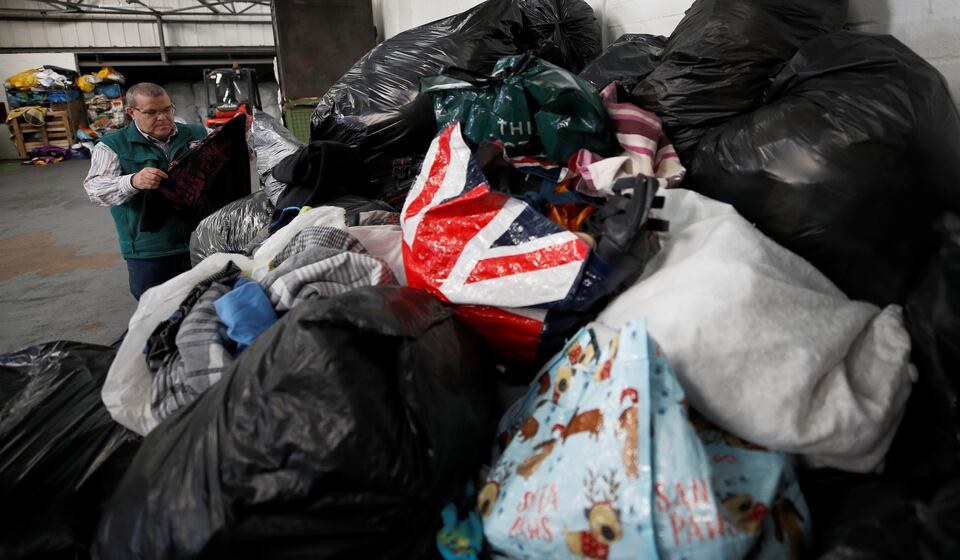New data highlight a growing fast fashion waste crisis in the UK, with estimates putting the total cost at nearly £140 million. This problem is fuelled by trends among fashion enthusiasts, and the industry needs to keep producing large amounts of cheap, throwaway clothing to keep up. Shockingly, less than 1% of the country’s textile waste is recycled.
According to GreenMatch’s environmental and sustainability expert, Inemesit Ukpanah, the increase in textile waste has reached alarming levels.
Over the past decade, waste has jumped by 70%, with most coming from discarded clothing and shoes, with textiles ending up in landfills or incinerated. Despite efforts to donate clothes, only 15% is successfully recycled, with the remaining 85% going to waste.
The UK’s fashion industry, worth over £1 billion annually, is struggling under the weight of this problem. On average, every Brit discards 3.1 kg of textiles each year, and only a tiny fraction is recycled into new products. This signals a significant gap in the country’s ability to manage its growing textile waste problem.
Other European countries have made strides toward tackling similar issues. France, for instance, has introduced laws regulating unsold goods, and Sweden has invested heavily in recycling technology. These policies offer a glimpse of what the UK could do to address its mounting waste problem.
Inemesit Ukpanah emphasizes the urgent need to shift towards sustainable fashion practices:
“We must improve our fashion industry, which significantly harms the environment. Therefore, improving our recycling systems and adopting more sustainable practices is crucial to avoid further environmental and economic damage.”
We need to make immediate changes, not only in how we consume but also in the infrastructure that supports recycling textiles. The UK stands poised to revolutionise its fashion landscape.
A more rapid change is needed to reshape our culture of throwing away clothes, ushering in a thriving, eco-friendly clothing industry built on recycling and reuse. This shift promises to redefine British style, marrying innovation with eco-consciousness.


